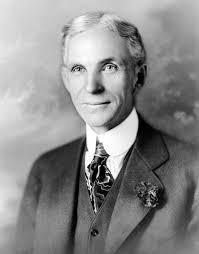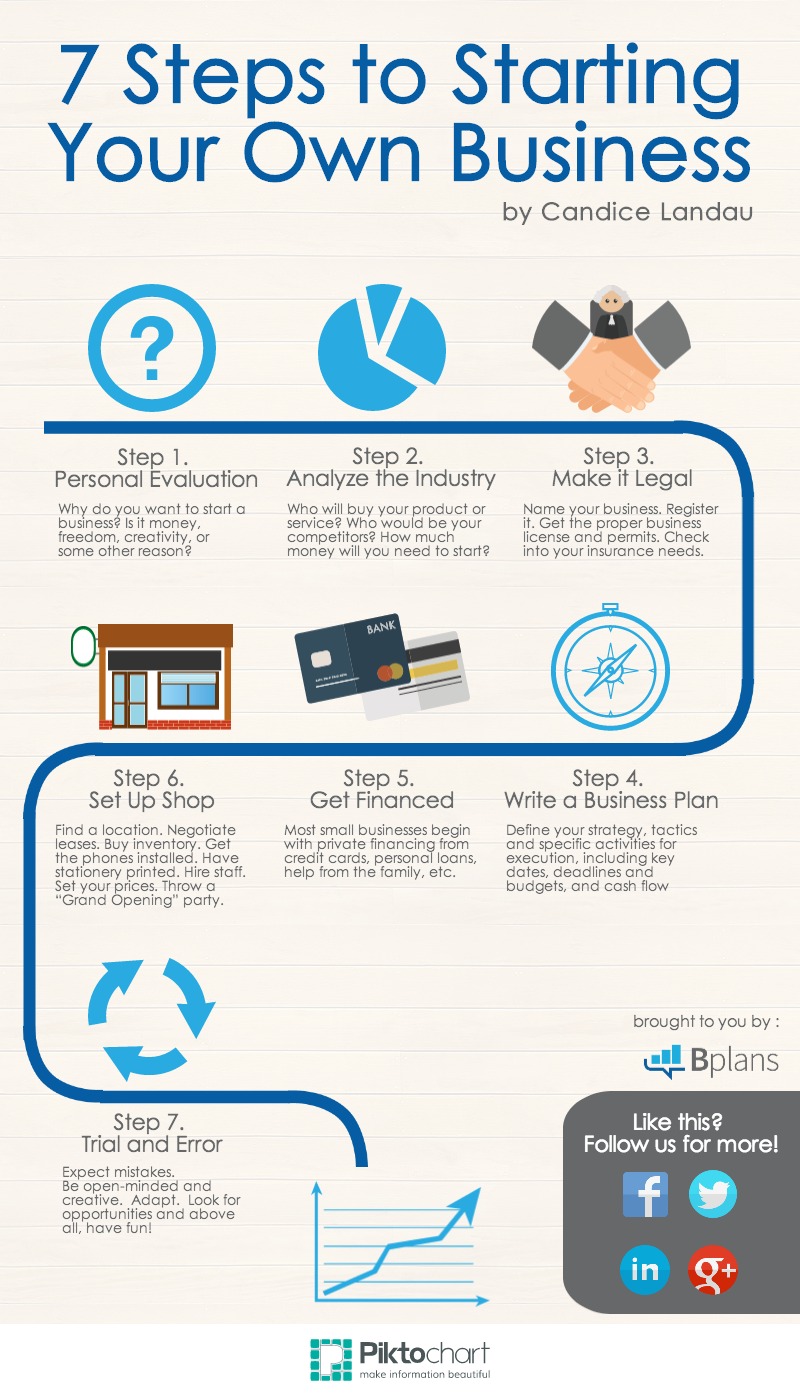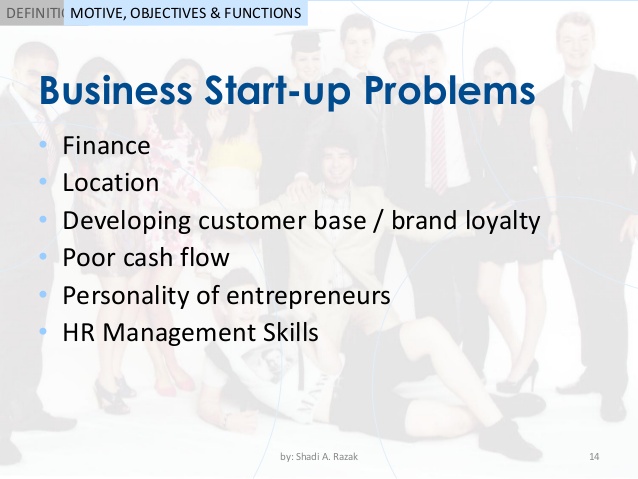Who is the Entrepreneur? (AO3)
AO3 You need to be able to: Demonstrate synthesis and evaluation. Command
terms these terms require you to rearrange component ideas into a
new whole and make judgments based on evidence or a set of criteria. Compare,
Compare and contrast, Contrast, Discuss, Evaluate,
Examine, Justify, Recommend, To what extent
Can you name these exceptional entrepreneurs?
What was their impact on the world?
Do Entrepreneurs always change the world?
Can you name 3 entrepreneurs you know?
| Whether you think you can or canīt you are right |
You donīt learn to walk by following the rules, you learn by doing and falling over |
|---|---|
 |
 |
|
If you think you are too small to have an impact, try going to bed with a mosquito in the room.
|
The biggest risk is not taking any risk
|
Who is the Intrapreneur? (AO3)
An intrapreneur is someone who works in a company and yet
has many of the attributes and opportunities of the entrepreneur:
innovation, risk-taking, organisation.Why Companies Want You To Become An Intrapreneur
Link to full article in Forbes MagazineIntrapreneurship is responsible for a lot of product innovation around the world today. At Lockheed Martin, intrapreneurs developed a number of famous aircraft designs and at 3M, they came up with Post-It Notes and at Google, they came up with Google News, AdSense and Gmail. What these examples have in common is that companies embraced the idea of allowing their employees to become entrepreneurs and capitalize on new business ideas.
Common steps in the process of starting up a business or an enterprise (AO2)
Click to open detailed explanation of each step http://articles.bplans.com/seven-steps-to-starting-your-own-business/#
 |
Of course starting a business is definitely not all plain sailing - so what could go wrong? Problems that a new business or enterprise may face (AO2) Research each of these problems and explain why it is a problem for a start up and what could be done to minimise the risk before the business is started:  |
The elements of a business plan (AO2)
The syllabus only requires you to be aware of each of these elenemts so as long as you have a general idea of each element the detail will be covered when the relevant section is learned:
| Executive Summary |
Company overview Goods Start up summary Objectives |
Products and Services Benefits Competitive analysis Competitive Advantage |
Market analysis Industry overview Industry analysis Target Market analysis |
| Marketing Marketing Mix Promotion strategy Sales forecast Sales strategy |
Management Organisation chart Management team HR Plan |
Financial Balance sheet P and L Statement or forecast Cashflow statement or forecast |
Financial cont... Budget statement Break even analysis Charts and graphs |


